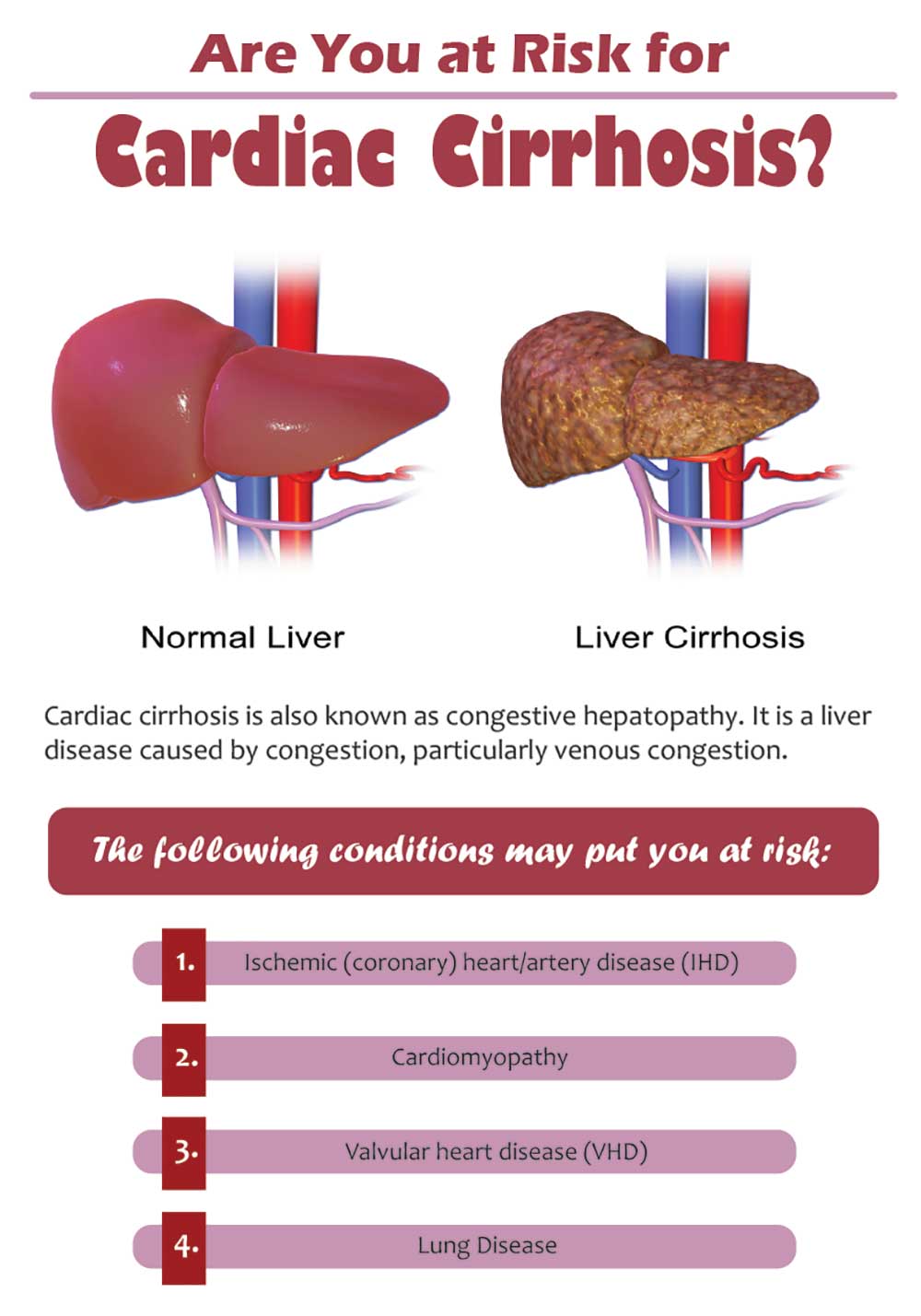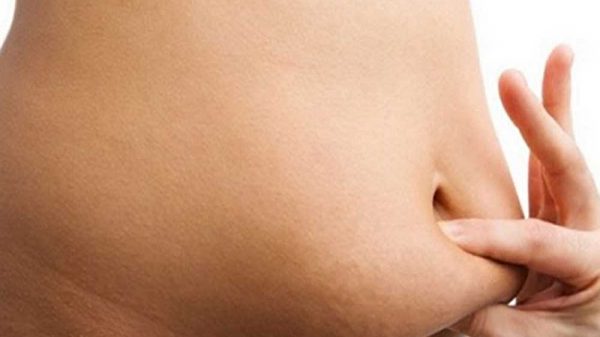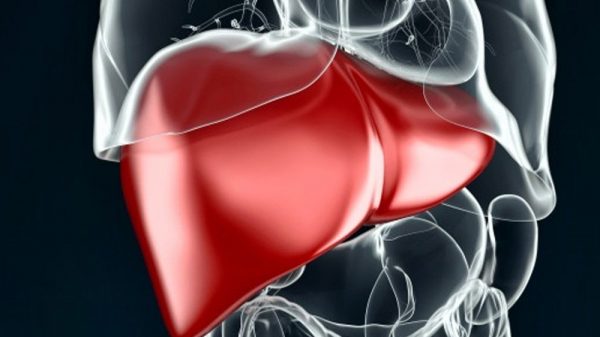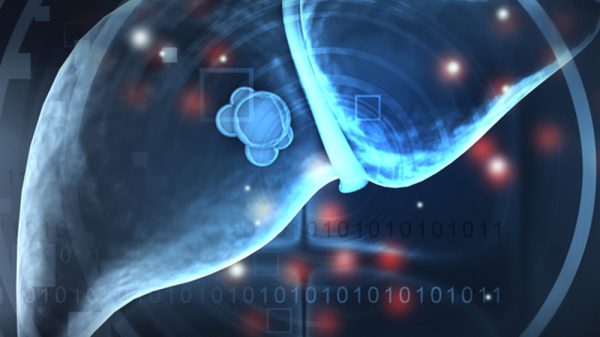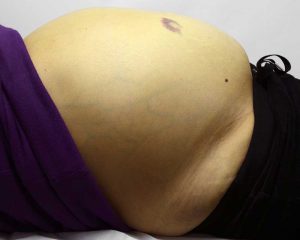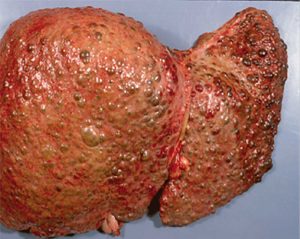Have you ever heard about cardiac cirrhosis? Sometimes, chronic heart failure on the right side may lead to chronic damage to the liver, although it occurs very rarely. When it does happen, it can cause liver cirrhosis. In the long run, right heart failure causes venous pressure to increase in the hepatic veins (the veins of the liver).
This, in turn, causes long-term passive congestion and poor circulation of blood to the liver. When enough blood is not getting to the liver, there will be liver damage. Doctors call this ischemic necrosis of the liver. As the liver tries to repair itself, scar tissues would form, hence liver cirrhosis.
Liver cirrhosis is bad in itself and congestive heart failure is bad too. When you bring the two together, you have a fatal and life-threatening condition. That is why cardiac cirrhosis is a very critical condition. Cone to think of it, this condition involves two very vital organs. It affects both the heart and the liver at the same time.
One is indeed secondary to the other, but then, neither of them has a very good outlook. They can both lead to death. So then, it is worth asking if one is at risk or not. At least, with that, you can begin to eliminate risk factors so that your risks will be reduced. And you will have a better chance of living a long life in good health.
Are You at Risk for Cardiac Cirrhosis?
Cardiac cirrhosis is also known as congestive hepatopathy. That is a professional way of saying it is a liver disease caused by congestion, particularly venous congestion. Broadly speaking, the term refers to any form of liver damage that occurs in a person with cardiac problems as a result of the cardiac problem.
The hallmark of this condition is that tests would show liver damage that happened as a result of long-term congestive heart failure. This is indeed a very rare occurrence, but the following conditions may put you at risk:
Ischemic (coronary) heart/artery disease (IHD)
This refers to any heart problem that happens because enough blood is not getting to the muscles of the heart. It often occurs as a result of narrowing arteries as plaques build up inside them and occlude blood flow.
This results in an inadequate supply of oxygen to the heart muscles. IHD is the commonest cardiovascular disease, which could cause heart failure and lead to cirrhosis
Cardiomyopathy
This refers to any condition that affects the heart muscle, thus making it difficult for the heart to function effectively in pumping blood around the body. This usually leads to heart failure and may cause liver damage in the long run.
Valvular heart disease (VHD)
As the name suggests, this has to do with the valves of the heart. There are four of them, namely tricuspid, pulmonary, mitral, and aortic valves. They control blood flow between the heart chambers.
VHD refers to a defect or damage in any of these four valves. This sometimes causes heart failure, as well as a few other complications too, including liver damage.
Lung disease
This refers to any lung problem that affects its normal function. This leads to inadequate oxygenation of the lungs. The heart tries to compensate by pumping more blood and venous pressure increases.
This can cause heart failure in the long run. It can also lead to congestive hepatopathy.
How to Treat Congestive Hepatopathy
There is no standard treatment for congestive hepatopathy itself. Remember that it is usually a complication of an underlying heart problem. So the way to treat the liver problem is to first identify the underlying heart condition treat it or manage it, as the case may be.
However, it is important to determine volume status, as well as manage fluids adequately in people who show signs of cardiac cirrhosis. The condition usually improves significantly with adequate fluid management and diuresis.
Regardless of the cause, your doctor may give you beta-blockers to lower portal hypertension. He may also prescribe diuretics to take care of recurrent fluid accumulation. He will also help you to manage any other complications that may have occurred due to liver damage.
Anyone that understands the implication of a damaged heart and liver would know that congestive hepatopathy is a very serious condition. Most people who have this condition end up dying from it.
So to improve the chances of living, it is better to manage the condition with the help of a team of doctors that cut across multiple specialties. At least, you would need a liver specialist, nephrologist, cardiac nurses, radiologists, as well as a specialist in internal medicine.
If the primary condition is treated and/or managed very well, there would be a higher chance of survival. Otherwise, the prognosis is not good at all. Many people who survive congestive hepatopathy usually still have to deal with residual dysfunction in some body organs.
The best thing is to prevent the condition altogether. You can do this by maintaining a healthy weight, doing regular exercise, and eating a healthy diet (including veggies, fruits, lean proteins, and whole grains). Reducing stress, alcohol intake, fats, salt, and sugars also reduces the risks of heart failure.
If peradventure you already have congestive heart failure, you should go for regular check-ups to examine your liver function. That way, you can keep things in check and arrest liver damage at its very early stage if it ever occurs.
Summary
Heart problems can lead to venous congestion if they are not treated and/or managed properly. This can, in turn, affect the blood supply to the liver and cause liver damage. As such, there will be concurrent heart condition and liver damage, which doesn’t sound good at all.
This condition, known as cardiac cirrhosis, is life-threatening and doesn’t have a good outlook. It is better to prevent it altogether by living a healthy lifestyle and eating a balanced diet. If you already have heart failure, it is better to treat and/or manage it well. You should also go for regular check-ups to assess the function of your liver.
